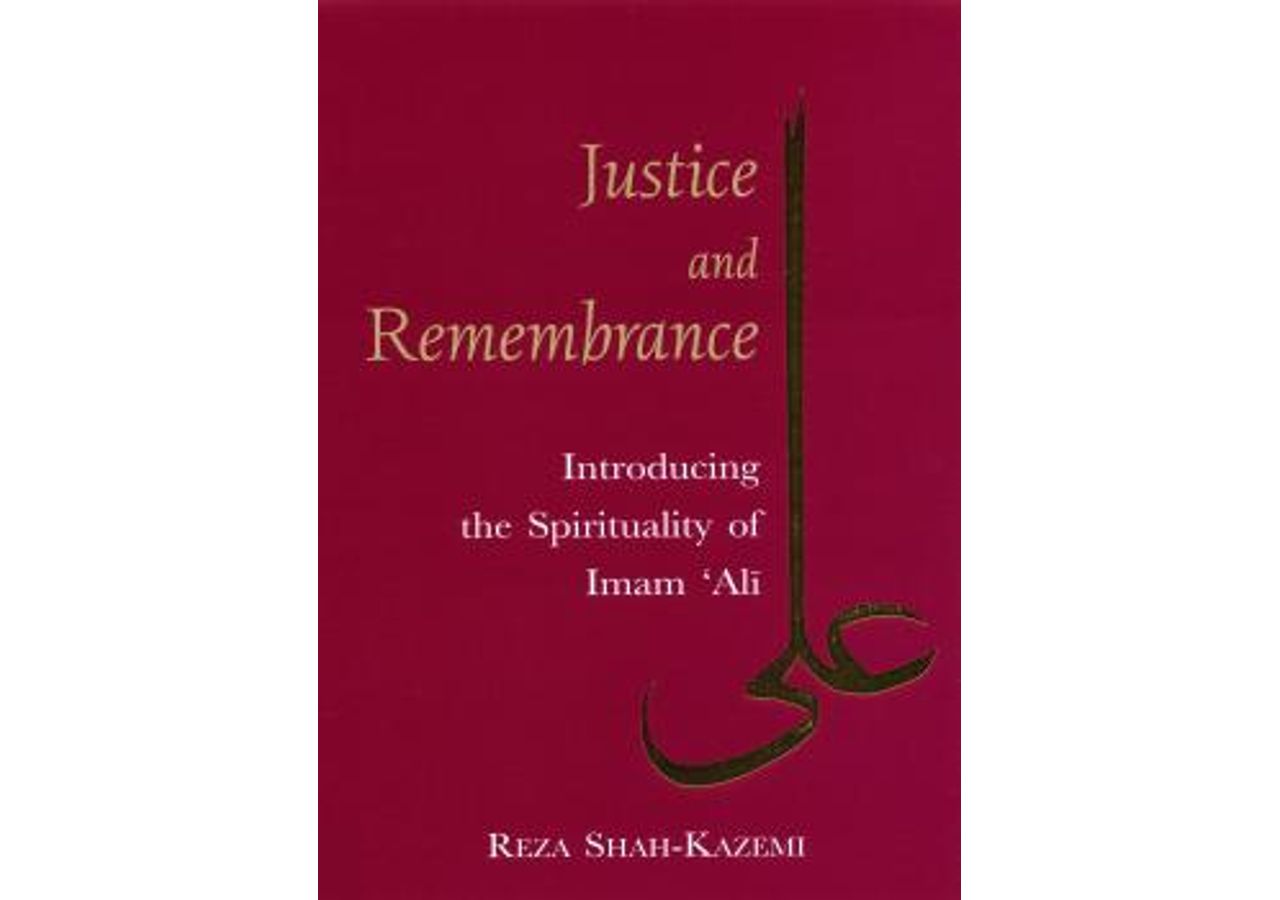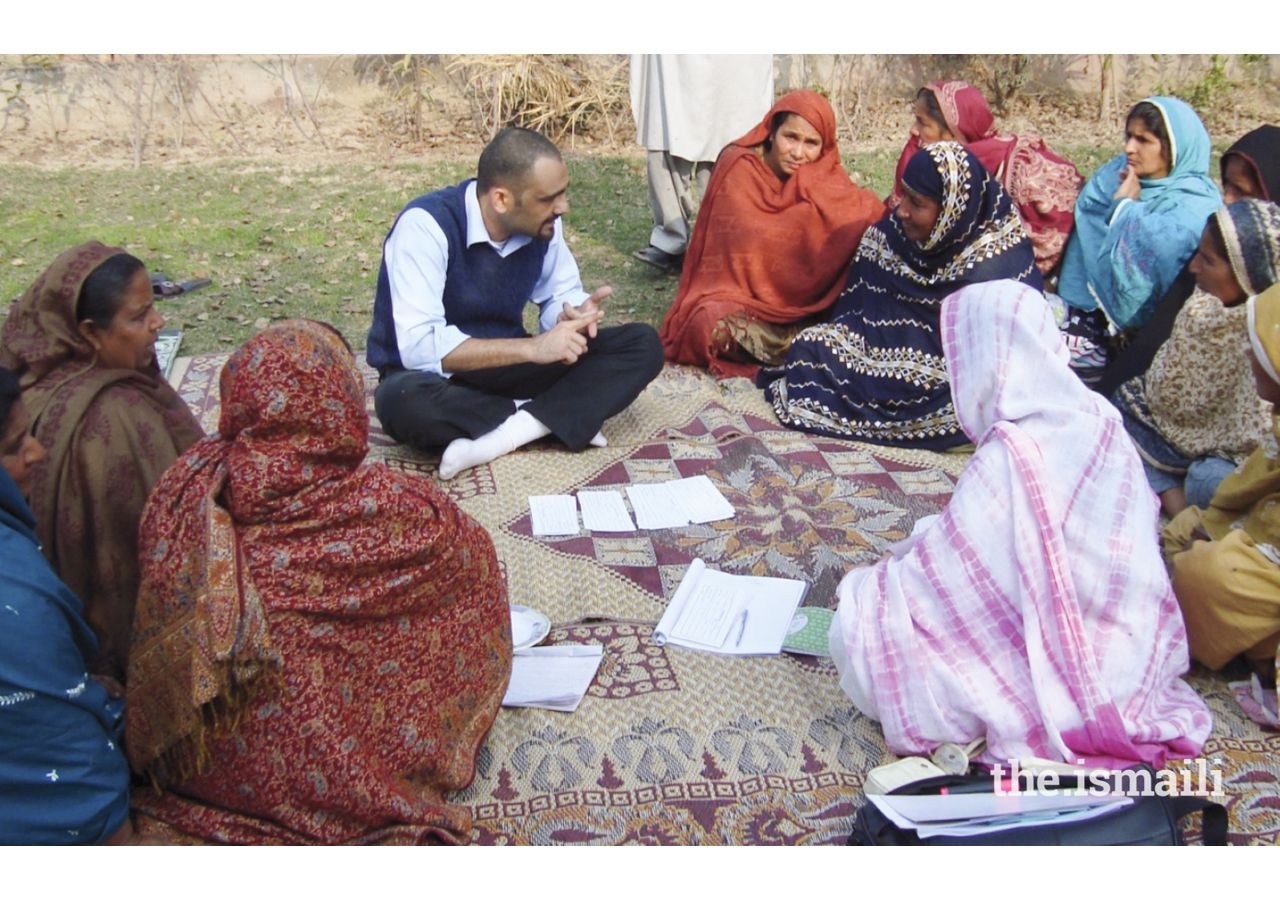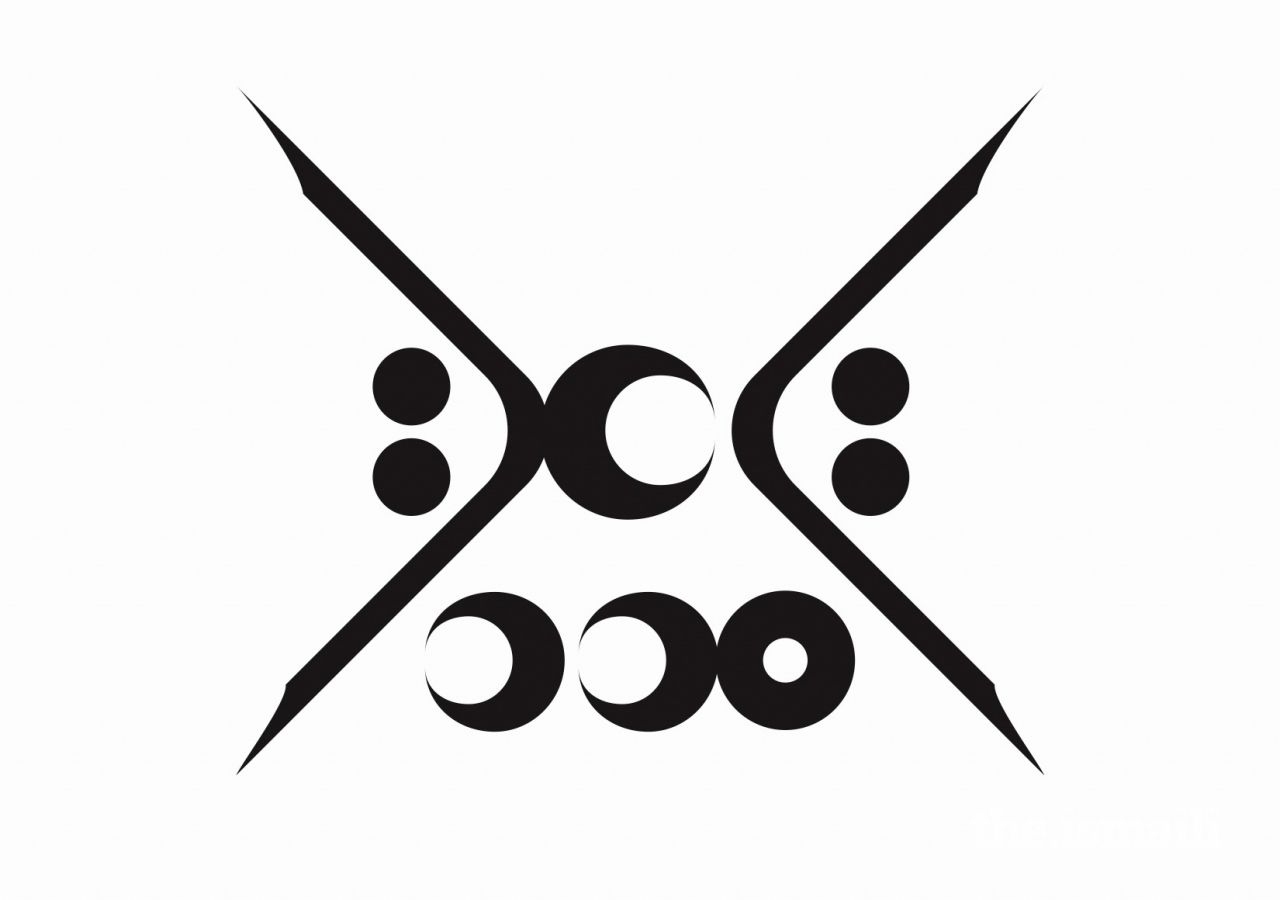When we think of injustice, we often think of our own individual lives: our financial struggles, our illnesses, our troubles. However, alongside these individual difficulties are struggles faced by entire communities. For instance, nearly 12% of Americans are considered “officially poor,” which translates to a family with two children making less than $25,000 dollars per year. This often means that they are forced to skip a meal or buy cheap non-nutritious food.1 Poverty rates are more than 50% higher for foreign-born, non-citizens as well as for African American and Hispanic communities in the United States.
Our Jamat is not immune to this and experiences similar rates of poverty.
Reducing poverty is at the forefront of the Imam’s mandate, particularly through the Aga Khan Development Network (AKDN). Poverty is often the result of multiple factors, including quality of life, access to education, economic opportunities, and state developments.2 This includes a shrinking social safety net, decreasing labor protections, and low wage growth. More and more jobs are now low-paying, part-time work without benefits. Poverty, then, is often not an issue of individual failing, but one of social justice.
Injustices, of course, are widespread. Many of us have experienced unfair treatment and prejudice, be it due to our race, religion, socioeconomic status, sexuality, or gender.
justice_and_remembrance_copy.jpg

How then should we think about the injustices that we face? What are our responsibilities when those around us have been wronged?
The Qur’an upholds the principle of justice – adl – to be of paramount importance. In Surah Nisa, Ayah 135, Allah says:
“O you who have believed: be persistently standing firm in justice, witnesses for Allah, even if it be against yourselves or [your] parents and relatives. Whether one is rich or poor, Allah is more worthy of both. So, follow not [personal] inclination, lest you not be just.”
The Qur’an thus guides us to stand up for justice, even if it hurts us or those most dear to us. For as Allah says in Surah al-Ma’idah, Ayah 8: “Be just; that is nearest to taqwa (or God consciousness).”
The principle of justice, thus, is a core element of our faith.
Hazrat Ali’s (a.s.) life provides ample examples of this. For instance, when Hazrat Ali became the caliph, he encountered a political system riddled by nepotism and corruption. Many of the governors in the Muslim world usurped land, controlled resources unfairly, and ruled without accountability. As a result, these governors became all-powerful in terms of wealth and influence, while their subjects became more vulnerable.
Upon his appointment as caliph, Hazrat Ali was advised to temporarily confirm the positions of these governors, until he had had the chance to consolidate his power. Doing otherwise, his advisors warned, would put his rule at risk.
The Imam, however, responded, “I do not doubt that this would be best for the sake of reconciliation in this world. But, there is my obligation to the Truth...so, by God, I shall never appoint one of them.”3 He then proceeded to dismiss the corrupt governors. Clearly, Imam Ali gave preference to living by his ethics and protecting the weak, over any personal gains.
In Hazrat Ali’s letter to Malik al-Ashtar, the Governor of Egypt during Hazrat Ali’s caliphate, he states:
“Be just with Allah and be just with people [giving them what is their due]...Allah hears the cry of the oppressed and keeps a vigilant watch over the oppressors.” 4
Mawlana Hazar Imam echoed similar sentiments in a speech he delivered to a symposium at Evora University in 2006:
“The search for justice and security, the struggle for equality of opportunity, the quest for tolerance and harmony, the pursuit of human dignity—these are moral imperatives which we must work and think about on a daily basis.” 5
Practicing adl thus not only entails being mindful of our personal behaviors, but also analyzing and reacting to the ways in which societal structures—be it state policies, organizational cultures, or social norms—produce insecurity for others.
Let us reflect by asking ourselves: what role do we have in striving to create a more just world for everyone? What types of issues would we want to try to learn more about? How can we individually contribute toward societal justice?
Tomorrow, we will continue our exploration of concepts within the Qur'an through the notion of shukr, or gratitude.
1 https://whyhunger.org/just-the-facts/
2 Ethical Pathways to Human Development, Secondary Curriculum, The Institute of Ismaili Studies, p. 85
3 Reza Shah-Kazemi, 2006, Justice and Remembrance, p. 84. https://iis.ac.uk/node/230601?qt-publications=5#qt-publications
4 Muslim Societies and Civilizations, Volume 1, Secondary Curriculum, The Institute of Ismaili Studies, p. 112
5 https://www.akdn.org/speech/his-highness-aga-khan/evora-university-symposium









